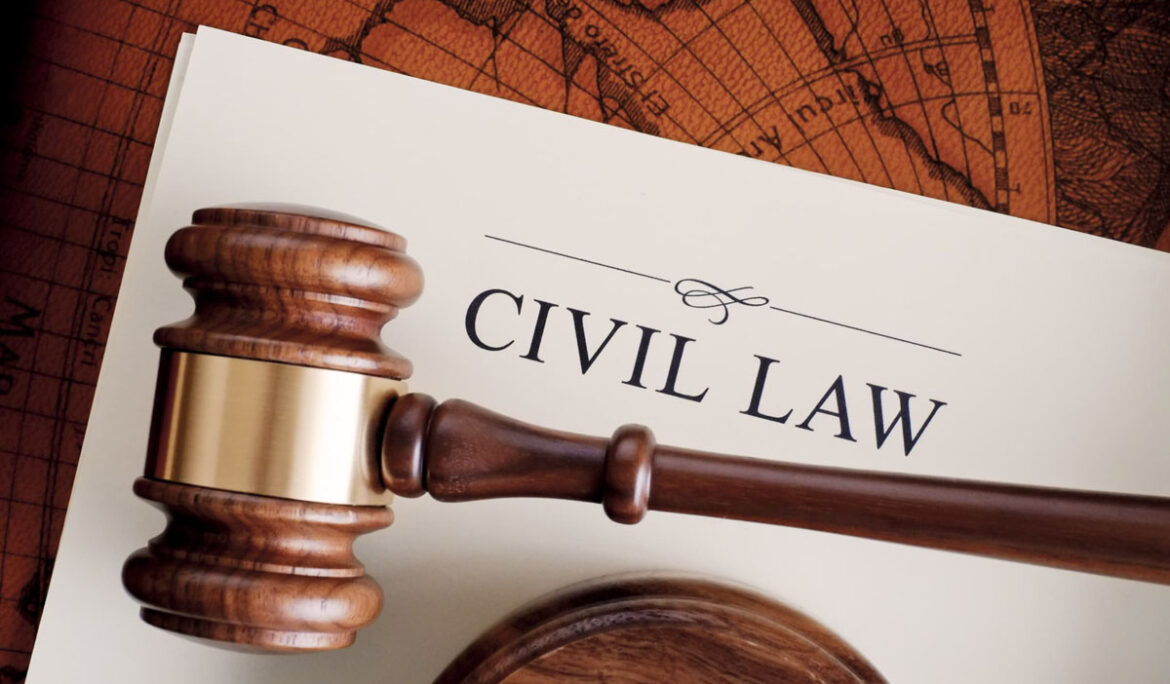
In the Turks and Caicos Islands we have criminal law which deals with criminal offences and often involves an official investigation by the police.
For non-criminal offences in the Turks and Caicos Islands, civil law will apply. This is used to deal with disputes such as negligence, breach of contract, property, probate and divorce. These disputes often work towards compensation for damages, the provision of monetary funds, goods or services. In addition, the civil process can be used for enforcement purposes like the recovery of monies or prevention of certain steps from being taken.
Civil litigation solicitors work with clients to file civil claims and reach resolutions in their best interest.
Civil matters in the Turks and Caicos Islands is dealt with in the first instance in the Magistrate’s Court or the Supreme Court, depending on the type of claim or the value of the claim.
The Magistrate’s Court has jurisdiction to consider claims of debt or damage due up to the value of US$10,000, disputes relating to title of land, the annual value of which does not exceed $5,000, boundary disputes and other matters contained in the Magistrate’s Court Ordinance.
The Supreme Court has original jurisdiction in civil and criminal matters; appellate jurisdiction over appeals from the Magistrate’s Court and other statutory bodies; and supervisory jurisdiction over lower adjudicatory bodies and the actions of government.
Civil appeals from the Supreme Court will be heard in the Court of Appeal, and appeals from the Court of Appeal may be heard by the Judicial Committee of the Privy Council in England.
Civil Procedure Rules
All parties must adhere to the Civil Procedure Rules which provide instructions as to how to deal with matters.
The aim of the rules is to ensure fair and just results are delivered and are written in a way that are easily understood by users of the civil legal system.
The ‘overriding objective’ of the rules is to ensure cases are dealt with justly, at proportionate cost, ensuring parties are on an equal footing, saving expense. It is also a key objective to ensure matters are dealt with expeditiously and fairly, allotting an appropriate share of the courts resources to enforce compliance with the rules.
The rules provide the courts with ultimate control to determine how each case progresses by making appropriate directions, setting strict timetables and ensuring parties comply with them, backed up by a system of sanctions which the court can impose.
Length of litigation case
Before commencing litigation, claimants should contact the defendant highlighting their claim in the aim of both parties reaching an agreement and settling before going to court in the first place. In this instance, since litigation was never necessary, a settlement can be reached as quick as both parties can manage.
Once the court has been instructed of a civil claim and the litigation is underway, there is a timetable of events that have to be adhered to. How long this timeline takes to progress will differ for every case.
Also, parties can arrive at a settlement out of court at any time before the trial, thereby reducing the time and cost of a lengthy case.


